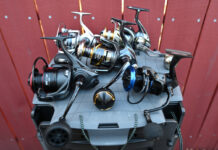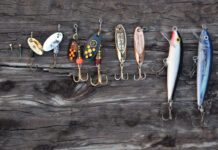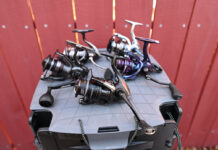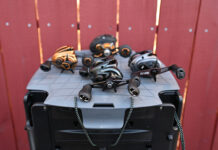Fishing rods? Check. Tackle box? Check. Kayak? PFD? Paddle? Check. Check. Check. You have everything to hit the water but you may be missing one thing: your fishing license. Each state, province and territory has its own angler registration requirements. Don’t worry, it’s easy to navigate the system and, in most cases, you can get your license and be on the water in minutes.
What is a Fishing License?
A fishing license usually costs only a few dollars, but the money and information generated is invaluable. States can use the money for programs and projects that make fishing better. Many times, anglers have a say in how the money is spent. In addition to raising millions of dollars, licenses allow fisheries managers to collect valuable information about anglers and the fish.

When you fill out your application, you provide data that managers can use to determine how many anglers are hitting the water, how they are fishing and where they live. In some cases, researchers may contact you and learn more about how you fish. All of this information goes into measuring fishing pressure in order to set regulations and manage the fish populations. So a license is more than just another tax—it’s a powerful tool for making fishing better for everyone.
When Do You Need a Fishing License?
Pretty much everyone needs a fishing license. Most states require separate licenses for saltwater or freshwater fishing. You may need a license to catch crabs or bait and gather shellfish. Cast nets, gill nets and other fishing methods are also regulated. Certain lakes or rivers may require special permits to fish. It may seem complicated, but most licenses are available from outfitters, marinas and tackle shops.
Do You Need a License for Catch and Release?
In most cases, you need a license to fish, not to catch. Some areas offer a different license for anglers who agree to follow more strict fishing regulations. However, you still need a license. In order to get a clear picture of the fishing population and pressure, managers need to count and monitor every angler.
Do You Need a License to Fish on Private Property?
Each state has different rules, but in most cases you don’t need a license on private property. In fact, privately owned fishing piers and pay-to-fish rivers and lakes may be covered by a blanket license.
What If You are Fishing Out of State?
Some states have license reciprocity, especially if they share a body of water, but this is not always true. You will most likely need to purchase a license for each state where you fish. Often, an out-of-state license is more expensive than a resident license.

Do You Need to Have Your Fishing License On You?
Today’s technology allows you to leave your paper license at home. As long as you have an image or link to your license on your smartphone, you are allowed to fish. However, in many places, anglers are required to display their license at all times. In this case, you’ll need a license holder pinned to your life jacket. If you forget your license, a cell phone photo is a good back up. We recommend you check your local regulations for the fine print.
Can You Go to Jail for Fishing Without a License?
If you get caught fishing without a license, you are looking at a hefty fine and possible revocation of your fishing privileges. Local police, park officers and other law enforcement can check licenses and issue tickets. You may even be required to go to court.
When Can You Fish Without a License?
In order to promote fishing and attract new anglers, states often offer license-free fishing days. Check your local fish and wildlife department for programs aimed at spreading the fun of fishing. Another way to fish without a license is on a fishing pier or charter boat. In many areas, piers and for-hire boats are covered by a special permit.
Why Do You Need a Fishing License?
No one likes to pay taxes, but purchasing a license is less painful than paying income tax. Licenses provide money for projects and programs that improve fisheries. They also supply fisheries managers with valuable data on anglers. So, purchasing a license is more than just another pleasure tax—it’s a responsibility to the fish and the community of anglers.
Who Needs a Fishing License?
Pretty much every angler needs a fishing license, with a few exceptions. In most states, children and seniors do not need a license. Check local regulations for age limits.

What are the Different Kinds of Fishing Licenses?
Just like there are different types of fishing, there are different types of fishing licenses. Most areas offer year-long, one-day or week-long licenses. Some also allow anglers to purchase longer-period licenses, such as three to five years. There are even options to invest in a lifetime license.
Fisheries managers have developed creative ways to encourage anglers to catch-and-release with conservation licenses that have more restrictive regulations. Each state, province and territory has its own take on licenses and regulations. You may also have to register with the federal government for data collection. The best way to navigate the waters is on the agency’s website or at your local tackle shop or outfitter.
How Much Does a Fishing License Cost?
Since the primary focus of a fishing license is collecting information over collecting money, recreational licenses are generally inexpensive and readily available. An individual, in-state license will usually cost less than $20. Out-of-state, multi-species, long-term or other licenses may add expense. In some cases, the license fee can be waived if an angler can’t afford the cost.
What If I Lost My Fishing License?
In most cases, agencies issue and track licenses online. They will usually send a digital copy of the license you can print and keep. It’s a good idea to print several copies and keep them in your tackle box, gear bag, glovebox and kayak hatch. Other areas require anglers to carry a card or special license that would require replacement if lost.
Where Can I Buy a Fishing License?
To keep fishing licenses from becoming an obstacle to access, fisheries managers make it easy to buy a license. Most licenses are available online. Or, you can visit any tackle shop, marina or outfitter for a license. While you can usually get a license in minutes, it’s a good idea to check regulations and purchase required papers well ahead of a fishing trip.
For complete information on where and how to purchase a fishing license in your area, visit TakeMeFishing.org. This valuable resource is the result of cooperation between the fishing industry and fisheries managers to get more people fishing.
A license usually costs only a few dollars, but the money and information generated is invaluable. | Feature photo: Shutterstock.com

